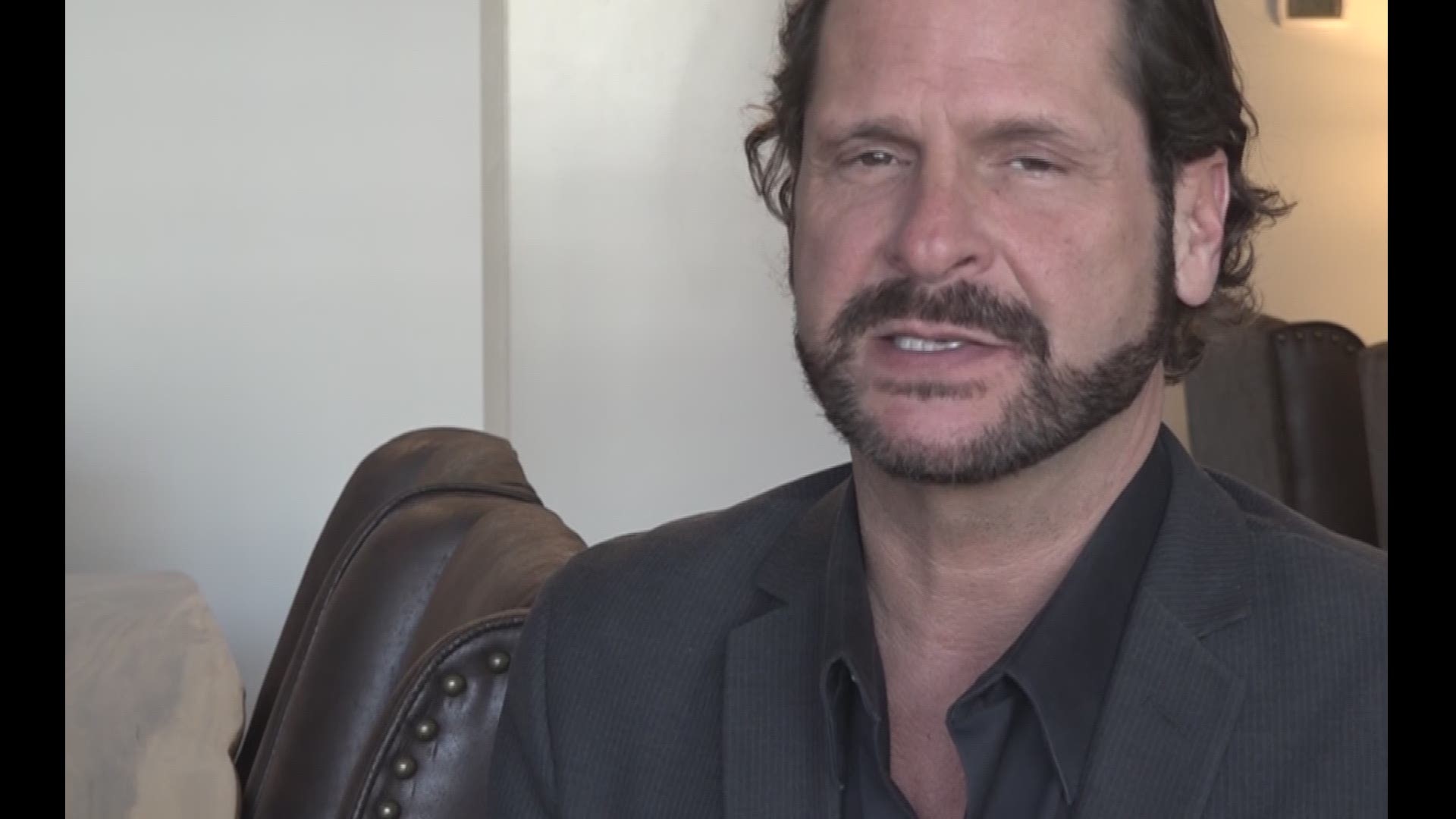AUSTIN, Texas — Artists, nurses and even teachers are having to look outside the city of Austin for more affordable rents, but a nonprofit group is working to keep them here.
If you’ve lived in Austin even just couple of years, you’ve probably noticed it’s getting more and more expensive. There's construction all around. New apartments are going up to meet the demand of a growing city and older apartments are taking in new residents.
“I just love how quiet it is,” said Blake Bartosh, who lives in Austin. “I can listen to the waterfall that's right by my window."
So, it's a great feeling when you find an apartment that has just what you're looking for, but not everyone is so fortunate, many can’t afford today’s rents.
“A teacher who is in AISD can't afford now to live anywhere close to the school they teach in,” said David Steinwedell, president and CEO of the nonprofit Affordable Central Texas.
Steinwedell said Austin teachers are often priced out of Travis County and end up leaving town permanently.
“Usually their kids move and go to a different school system and eventually the teacher says, why am I commuting back and forth? Why don't I just go teach in the Dripping Springs School District or the Elgin School District, now you've lost not only a teacher but you've lost a lot of students,” said Steinwedell.
Real estate experts like Kevin P. Scanlan said droves of people moving here from the east and west coasts add to the demand and the cost.
“The chamber of commerce said more than 150 people move to Austin every single day, so that, of course, is not only going to have an impact on the availability of rental property but also the prices,” said Scanlan, president of Austin Board of Realtors and owner of All City Real Estate.
Austin's rent prices are reaching new heights. Zumper, a platform that helps people find apartments, shows the average cost of a one bedroom is now more than $1,200 per month. A new report from Rent Café shows last year the city's prices went up $57 per month from the year before. That's $15 higher than the national average.
“It's not surprising at all because how attractive Austin is as a destination city,” said Scanlan. “You see small one bedroom or even studio apartments in the downtown area going for well over $2,000 a month because people are willing to pay that to live in this city.”
The problem for Texas renters is no one regulates these prices. So, Affordable Central Texas launched an investment fund called the Austin Housing Conservancy to help Austin’s middle class.
“Teachers, nurses, but even bank tellers, even like entry-level programmers,” said Steinwedell.
Thanks to donations and investors, the group bought several existing properties at the end of 2018: Bridge at Northwest Hills Apartments, Bridge at Terracina Apartments and The Preserve at Wells Branch.
Many of them were built in the 1970s to early 2000s, like the Bridge at Northwest Hills apartments where Blake Bartosh lives.
“It's like five minutes from work,” said Bartosh. “I don't have to deal with any commuting, so it's really nice and it's a really nice area."
Bartosh is a music teacher at Doss Elementary in Austin and said he chose to live here for the location and affordability.
“Money was a big factor and I had to look at where I was going to live and see if I could make it on my own basically,” said Bartosh. “There are a lot of teachers that do have to commute."
“We're going to hold our rents to wage growth,” said Bartosh. “That's what we're going to do from an affordability standpoint is not increase rents 5-7 percent a year.”
The group looks to help those who make between $36,000 to $72,000 a year. Steinwedell said they’ve helped about 1,200 people living in their complexes and will work to help more.
“If you look at a map of what we own in three or five years, what we really hope it looks like is there's dots everywhere,” said Steinwedell.
“It just helps me stay here longer,” said Bartosh. “I love this area and I don't want to move away.”
KVUE and the TEGNA Foundation granted Affordable Central Texas $5,000 in 2018 for their efforts to help the middle class find an affordable place to live.


